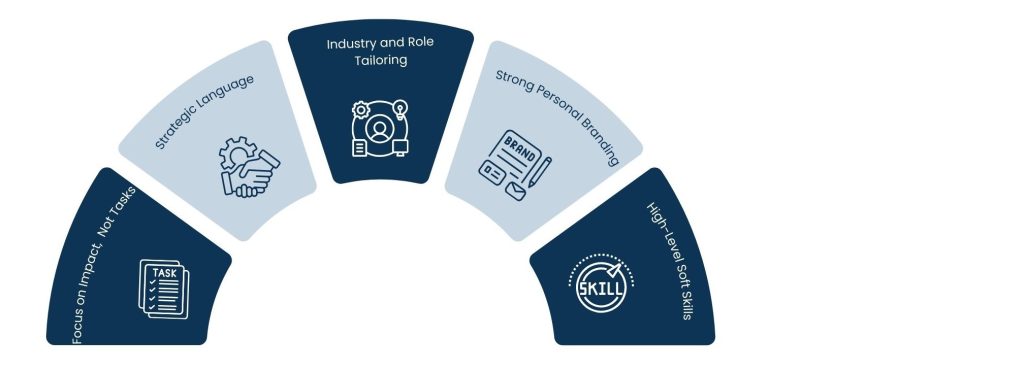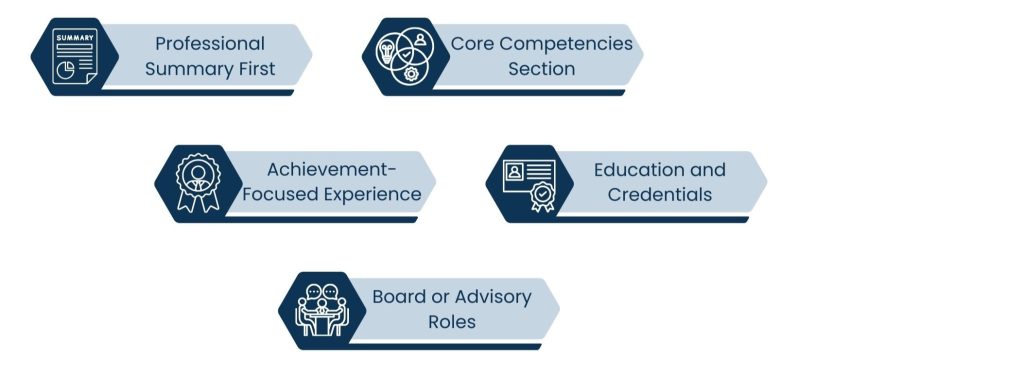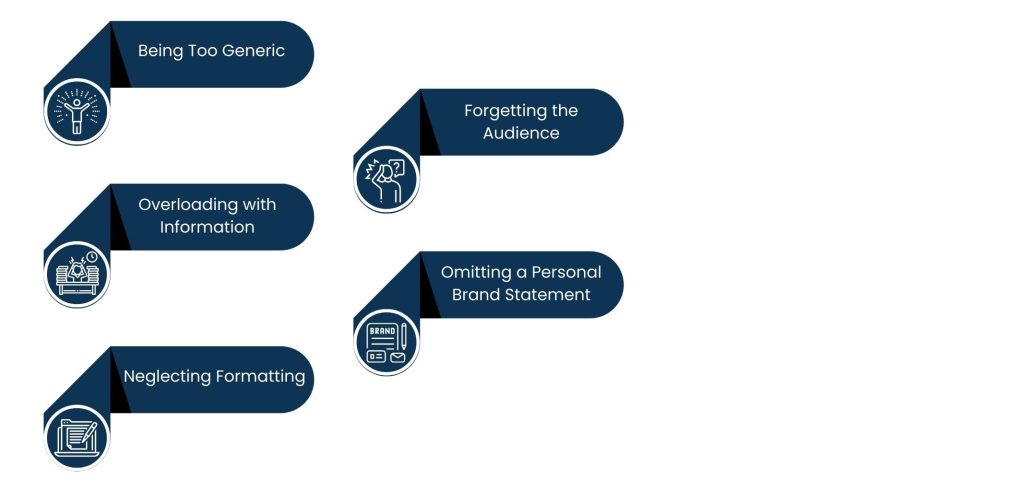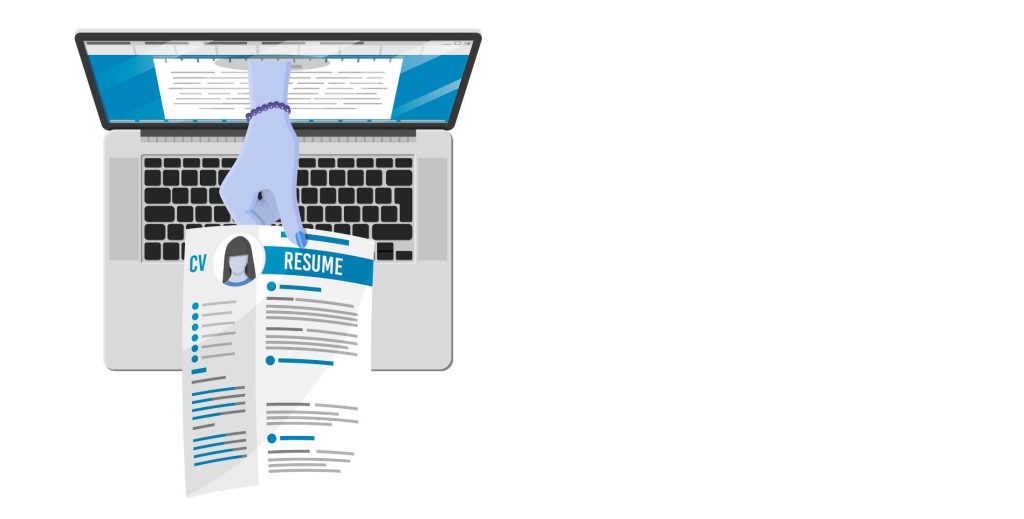Introduction
An Executive Resume Writing is not about putting job application history on paper. It is your professional presentation that foretells the steps you took as someone who brought indisputable value to the table. If you are applying for a C-suite or senior management position, or any other high-profile leadership role, your resume might be the only chance you get to create an impact.
The people making decisions about executive hiring are not interested in seeing lists of duties; they want proof that you can think strategically and deliver results. Proof that you can take an organization through challenges or opportunities. You should be able to distill your resume so that instead of sounding like an autobiography, it reads more like a business case in bullet points, short, clear, and results-oriented.
Executive CV writing is not like mid-level resumes, as it consists of highlighting you as the solution to this established organization’s goals. It summarizes influence, leadership style, and a consistent history of high-impact decisions. From A to Z, details count. Apart from design and language, you must brand yourself as a leader.
Below, we’ll get into some very practical resume tips for executives, focusing on writing, formatting your executive resume so that your leadership shines through and gets the attention it deserves!
Why Executive Resume Writing Is Different?
In intent and execution, executive resume writing is quite different from typical. After all, more senior-level recruiters and hiring managers are looking for the impact their leadership has, not just qualifications.

Key differences include:
1. Focus on Impact, Not Tasks
Feature things that you achieved, rather than what you were “responsible for.” A statement like “Led a cross-functional team to drive 25% revenue growth in 12 months” is stronger than something like “Managed sales operations. Impact-driven statements illustrate that you have experience delivering measurable results and exemplify the extent of your spheres of impact. They provide decision-makers with a more complete view of the value you can add to their organization.
2. Strategic Language
Interiors candidates’ resumes will utilize authoritative language such as “spearheaded, orchestrated, and transformative to convey a sense of power and influence, characteristics typical in an executive. They say that you are not someone who manages, you are a leader of change. The correct language also casts you as the visionary leader who can train, lead, and deliver results. Each one of these verbs should align with your work stream competency to deliver at the implied upper-level decision-making.
3. Industry and Role Tailoring
One that is created by thinking of the particular position and industry. A COO in manufacturing is going to call out different metrics and strategies than a CMO in tech. Tailoring is speaking directly to the hiring manager and addressing what their sector presents as a unique challenge. This kind of customization indicates you care and have an idea of what counts the most in that executive role.
4. Strong Personal Branding
Your tone and content should always support your leadership personality, values, and unique areas of strength. And that is where your professional brand seeps into the conversation. You need another article stating how important it is to have a strong personal brand. It also makes your resume stand out, which is important when you think of how many applications hiring people read.
5. High-Level Soft Skills
Instead, just as important are the aforementioned change management, organizational transformation, and executive-level communication aspects to be shown alongside technical expertise. Organizations need leaders to instill trust, manage confusion and complexity, and encourage teamwork with diverse groups. By giving examples of when you’ve done this, you show that your leadership goes beyond just a strategy and connects it with the heart.
A good executive resume is generally a 2-page leadership portfolio that showcases the ability to think big, act large, and get things done, distilling information down to its essence or centessence.
How To Write Your Executive Resume For Maximum Impact?

1. Professional Summary First
Lead with an engaging thesis, explaining the leadership tactics you used over this number of years, from where in your career, and about your biggest accomplishments. It is a tiny blurb that has the potential to change the course of how the rest of your resume will be considered, and it’s where you need to immediately show value. A good hook in the beginning could catch decision-makers and keep them reading instead of moving to the next candidate.
2. Core Competencies Section
Include the likes of strategic planning, P&L management, mergers and acquisitions, or global market expansion if they are applicable to the role. This is a cheat sheet for the best of you. Adding your targeted keywords here will also keep you from getting knocked out of ATS scans and allow you to display the breadth of your experience.
3. Achievement-Focused Experience
Bullet points for achievements in each role are quantifiable by revenue growth, cost-cutting, and market share gains. Focus on specific responsibilities, and observe how your leadership results in the improvement of business performance. Decision-makers should have your every action connected to how you can provide measurable success within seconds of reading.
4. Education and Credentials
Add in advanced degrees, executive programs, and certifications from well-known organizations. As such, it shows the credibility and long-term focus on career development. A Y-Scholarship is one of many holy grails among credentials that can certainly set you apart in competitive leadership roles.
5. Board or Advisory Roles
Include any board memberships, advisory roles, or other industry leadership roles that make your influence broader than just your day job. It shows thought leadership and the aptitude for managing at the highest stratum. It further underscored your network and helped in crafting the industry direction.
Executive Resume Writing Content Strategies

1. Quantify Achievements
Numbers are eye-catching and immediately give context of your impact. Rather than “Improved operational efficiency,” say, Reduced operational cost by 18% through process automation. This helps to ground your efforts and make them more real to business executives who tend to relate everything (unfortunately) in terms of ROI.
2. Use Executive Keywords
Add terms relating to topics such as strategic leadership, organizational growth, or executive decision making to conform with ATS scans’ Keywords. Also, validate to the recruiter that you are, in fact, able to speak their language as stated in the job posting. Since you are naturally incorporating them, you boost the rankings of these keywords to gain both visibility and relevance.
3. Show Breadth and Depth
Show you are a master of cross-functional leadership in a specific domain. This dual strategy is ideal in painting you as an adaptable but experienced leader. And it mirrors the demands of taking on executive roles in the real world, a balance between vision and execution.
4. Align with Business Goals
Customize achievements for the company. If they want scale, focus on growth, or if they need deliverance, highlight transformation. Test this by indicating that your experience directly matches their goals and needs, which paints a more characterful picture of you as an applicant.
5. Include Signature Wins
Focus on two or three game-changer career-defining achievements, some things that distinguish you from the rest of your peers. In other words, these wins give you evidence that in high-pressure situations, you can still take names. They also provide you with talking points in interviews and set you apart long after your resume is read.
Executive Resume Writing Mistakes

1. Being Too Generic
Do not include generic statements such as excellent leader. Demonstrate leadership with real examples and results based on metrics. Broad claims that anyone can make water down your influence, but specific, testable accomplishments serve as a lasting memory of who you are.
2. Overloading with Information
Your resume should not exceed two pages. Concentrate on your most powerful achievements. A well-edited, concise document shows that you know how to extract key bits and communicate good executive skills.
3. Neglecting Formatting
Cluttered layouts make even a very strong resume difficult to read. Keep a clean heading, uniform spacing, and easily readable fonts. Because And Exactly Do you know what, the way one’s job application is delivered may play a role in how critically your listing or even request will be taken.
4. Forgetting the Audience
HR is not the only one reading your resume; it’s for decision-makers, such as the CEO or board member, etc. Speak in their language that they talk to each other, and you get them, why these are priorities for them as businesses facing challenges.
5. Omitting a Personal Brand Statement
Your resume can easily get lost in the shuffle if it does not define your leadership identity; add a brief brand statement that describes your value as a leader.
Final Executive Resume Writing Tips

1. Keep Your Opening Summary Powerful and Results-Oriented
In the first testimonial sent out, it should be all about delivering value as a leader, sharing your job history, and what makes you feel good about yourself in terms of your accomplishments. You have Written Your “First Impression” as Part of the Executive hiring process. A good, concise synopsis at the inception of a communications document will serve to start decision-makers on an optimistic note, and consequently boost their odds of continuing and reading every other aspect too.
2. Prioritize Achievements Over Responsibilities
Responsibilities show what you were supposed to do, and their achieved nature displayed how you did it. At the end of the day, at the level of an executive, results are all that matter. Employers care about one thing and one thing only: evidence that what you put down on paper will drive business results, not merely the beauty of your title or your company.
3. Customize Your Resume To The Job
Every leadership position comes with certain expectations, and these should be obvious in your resume. In a nutshell, by tailoring your resume, you speak in the organization’s language. Small tweaks to keywords, metrics, and focus areas can also be a game-changer in terms of being found.
4. Use a decisive tone, but avoid any jargon
Action words such as led, transformed, and achieved demonstrate leadership and confidence. Meanwhile, avoid the technical-industry lingo that may turn off more hands-off decision makers. Your language should be incoherent: clear, confident, and able to communicate with all levels of organization, this way using words.
5. Proofread Carefully – Typos Are Not Acceptable at This Level
Nothing can ruin your credibility in a few seconds than having grammatical or spelling errors. Your resume must look like your C-Suite position requires you to be meticulous. It is worth going over multiple times and even getting a professional editor or (using myself as an example) a trusted friend to go through it before pressing send.
Conclusion
Executive resume writing is about more than just recording one’s career‑it is about making you the clear choice for a top leadership position. They will only move if they perceive a solid track record of success, a dominant personal brand, and strength in leading with vision.
Sticking to metrics, personalizing your message to the position, and delivering information clearly and persuasively make it more likely that you will pass an initial screen and get the interview.
Executives spend thousands of dollars on their career path to a professional resume. When done right, it opens doors to your next big leadership opportunity.
If you want your resume to take centre stage for all the right reasons, then why not work with experts who connect the art and science of executive CV writing? At Tasks Expert, we specialize in creating strong resumes that catch the attention of recruiters and hiring managers. Contact us today to leverage this kind of expertise.
About Us
Tasks Expert offers top-tier virtual assistant services from highly skilled professionals based in India. Our VAs handle a wide range of tasks, from part time personal assistant to specialized services like remote it support services, professional bookkeeping service etc. Furthermore, it helps businesses worldwide streamline operations and boost productivity.
Ready to elevate your business? Book a Call and let Tasks Expert take care of the rest.









